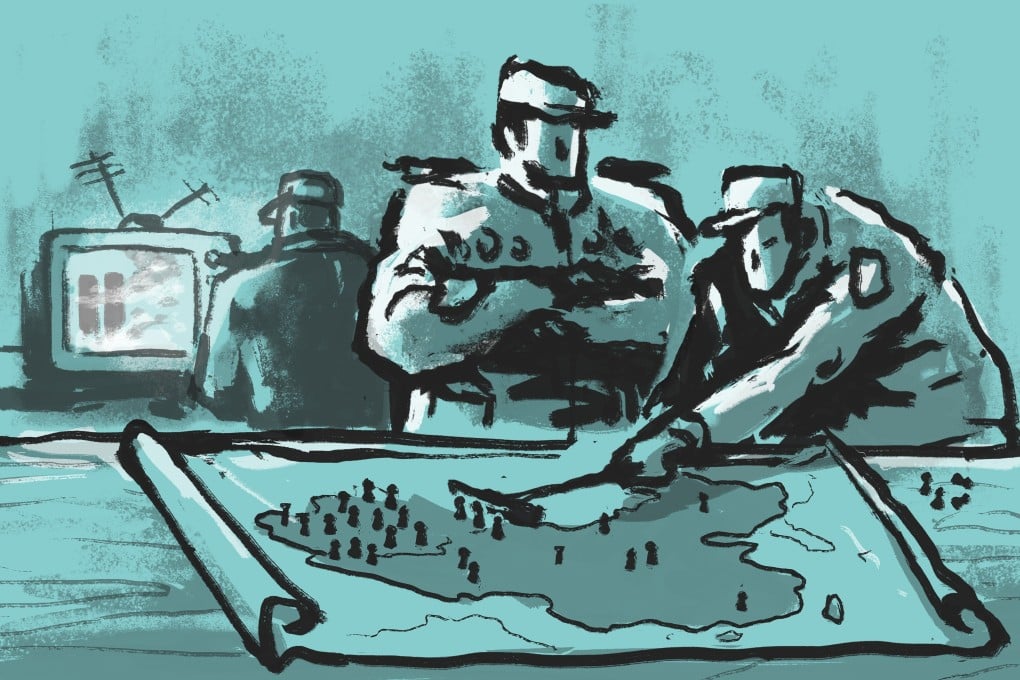After 9/11: how China saw a chance to crack down at home in global fight on terror
- Immediately after September 11 attacks in the US, China drew a link between the global counterterrorism effort and separatism and Islamic extremism in Xinjiang
- Using the US Patriot Act as a reference, China adopted tech tactics such as gathering facial recognition data and GPS locations of people and vehicles

The deadly terrorist attacks against the United States on September 11, 2001, prompted an outcry from around the world: “We are all Americans.” But before the dust had settled around the World Trade Centre, Washington’s policies had realigned around fighting terrorism and bilateral relationships strengthened or crumbled depending on where other governments stood. Wars and occupations ensued, culminating in a rushed military withdrawal from Afghanistan by US forces last month. In the third in a series about the legacy of September 11, Liu Zhen explores how the attack pushed China to boost its counterterrorism efforts.
“It was an unprecedented form of attack which would, for sure, lead into a new era of global anti-terrorism efforts,” Li said, recalling his first thought.

“We should not have double standards,” said then-foreign ministry spokesman Zhu Bangzao on September 18, 2001.
